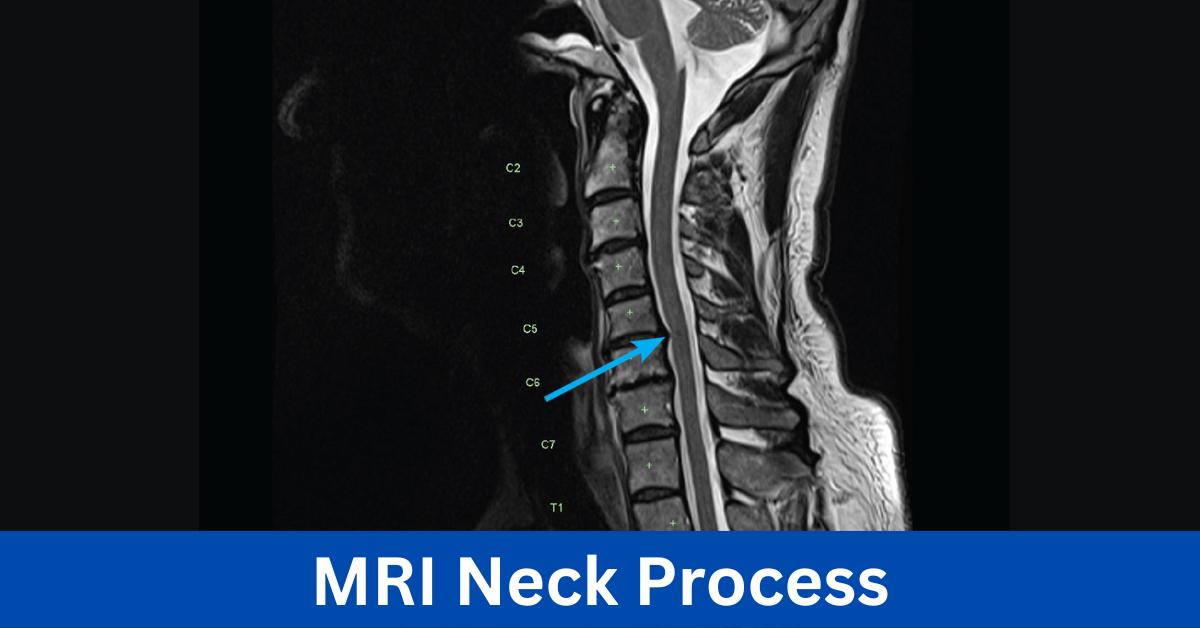Magnetic Resonance Imaging, commonly known as MRI, has revolutionized the field of medical diagnostics, offering detailed insights into various parts of the body. When it comes to the neck, an MRI can provide invaluable information for accurate diagnostics. Let’s embark on a journey through the complete process of MRI neck scans, understanding the technology, preparation, procedure, and beyond.
Introduction
In the realm of medical imaging, MRI stands as a powerful tool, offering a non-invasive and highly detailed look into the human body. Specifically, MRI of the neck plays a crucial role in diagnosing a myriad of conditions, from soft tissue injuries to vascular abnormalities.
Understanding MRI Technology
MRI harnesses the principles of magnetic fields and radio waves to generate detailed cross-sectional images of the body. Unlike X-rays or CT scans, MRI doesn’t use ionizing radiation, making it a safer option, particularly for repeated imaging.
Indications for Neck MRI
Physicians may recommend an MRI of the neck for various reasons, including suspected tumors, nerve issues, or trauma-related injuries. Understanding the indications for a neck MRI helps patients appreciate the diagnostic value of this procedure.
Preparing for an MRI Neck Scan
Before stepping into the MRI suite, there are essential preparations to ensure the accuracy of the scan and the comfort of the patient. These preparations include removing metal objects, discussing any concerns with the healthcare team, and addressing claustrophobia fears.
The MRI Neck Procedure
The actual MRI process involves lying still on a specialized bed that slides into the MRI machine. The machine emits loud noises during the scan, but patients are typically provided with ear protection. Understanding the procedure helps alleviate anxiety and ensures cooperation from the patient.
Role of Contrast Agents in Neck MRI
In certain cases, contrast agents are introduced to enhance the visibility of specific structures or abnormalities. This section explores the role of contrast agents and instances where they are deemed necessary for a comprehensive neck MRI.
MRI Neck Results Interpretation
After the scan, trained radiologists interpret the images to identify any anomalies or abnormalities. Understanding how these professionals analyze the results provides patients with insight into the diagnostic process.
Advantages of MRI Neck over Other Imaging Techniques
Comparisons with traditional X-rays and CT scans highlight the superiority of MRI in certain scenarios. Factors like better soft tissue contrast and absence of radiation make MRI the preferred choice for many neck-related diagnostics.
Risks and Safety Measures
While MRI is generally considered safe, there are minimal risks associated with the procedure, such as potential allergic reactions to contrast agents. This section explores these risks and the safety measures in place to mitigate them.
Post-MRI Care and Follow-Up
Once the MRI is complete, what happens next? This section guides patients on post-scan care, including any necessary follow-up appointments and discussions with healthcare providers regarding the results.
Cost Considerations and Insurance
Understanding the potential costs of an MRI neck scan and how insurance factors into the equation is crucial for patients. This section provides insights into the financial aspects of undergoing this diagnostic procedure.
Patient Experiences
Real-life stories from individuals who have undergone MRI neck scans add a human touch to the article. Addressing common myths and misconceptions surrounding MRI experiences helps demystify the procedure for potential patients.
Emerging Technologies in MRI
As technology advances, so does the field of medical imaging. This section briefly explores emerging technologies in MRI and their potential impact on neck diagnostics in the future.
Choosing the Right Facility for MRI Neck Scan
Not all imaging centers are created equal. This section outlines factors to consider when selecting a facility for an MRI neck scan, emphasizing the importance of choosing an accredited center.
Conclusion
In conclusion, the journey through the MRI neck process unveils its significance in modern healthcare. From technology and preparation to the actual scan and beyond, MRI plays a vital role in diagnosing and understanding neck-related medical conditions.
FAQs
Is an MRI of the neck painful?
- No, an MRI is a painless procedure. You might experience some discomfort lying still for an extended period, but it shouldn’t be painful.
How long does an MRI neck scan take?
- The duration varies but typically lasts between 30 to 60 minutes, depending on the specifics of the scan.
Are there any side effects of contrast agents used in neck MRI?
- While rare, some individuals may experience allergic reactions to contrast agents. However, medical professionals are well-prepared to handle such situations.
Can I eat before an MRI of the neck?
- In most cases, you can eat normally before an MRI. However, specific instructions will be provided based on the type of scan.
Are MRI neck scans covered by insurance?
- In many cases, insurance does cover the cost of MRI neck scans, but it’s advisable to check with your insurance provider beforehand.
